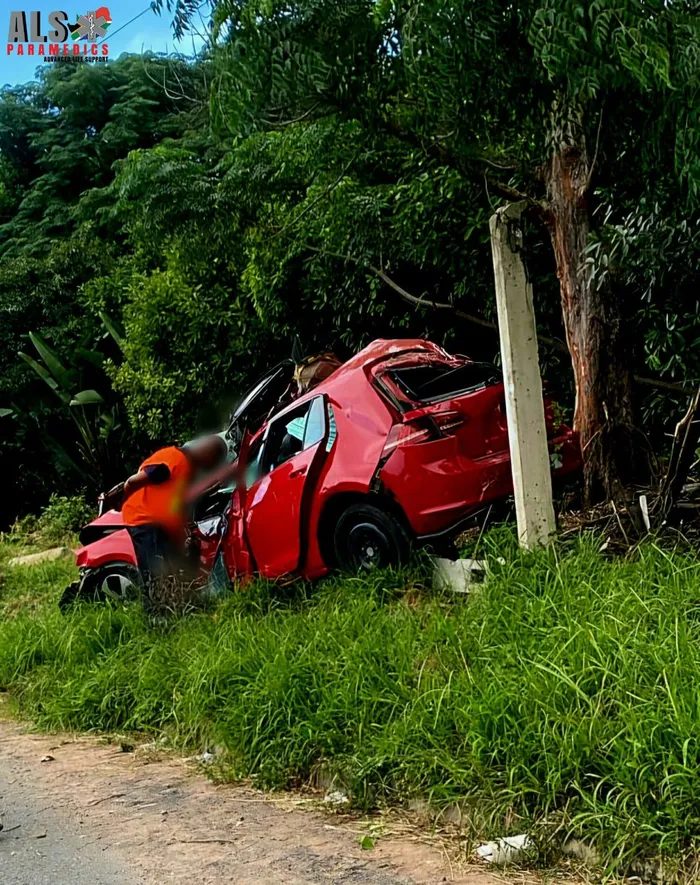
With financial planning top of mind following South Africa’s 2025 National Budget Speech, many consumers are reviewing their own budgets and financial priorities. One critical yet often overlooked aspect is short-term insurance—essential for safeguarding against unforeseen financial shocks.
Image: AI Lab.
The recent delay in South Africa’s 2025 National Budget Speech has once again highlighted the complexities of financial planning.
As citizens look to the government for guidance on resource allocation, it becomes evident that the principles of good budgeting apply just as significantly to the individual level.
Balancing priorities while preparing for unforeseen circumstances is crucial, and one of the most effective ways to do this is through the lens of short-term insurance.
“In a country where unexpected events can disrupt even the most carefully planned finances, insurance isn’t just an expense, it’s a vital part of risk management,” said Siyakha Masiye, spokesperson at Miway.
“It can help to safeguard finances in the event of unforeseen circumstances like car accidents, home damage, or theft, preventing these incidents from turning into long-term financial burdens.”

A single vehicle crash on the M1 Higginson Highway near Westcliffe offramp in Chatsworth, South of Durban.
Image: ALS Paramedics
South Africa has one of the highest rates of vehicle accidents globally. A sobering report released by Minister of Transport, Barbara Creecy, revealed that in 2024 alone, more than 10,000 lives were claimed on the nation’s roads.
While many South Africans manage to escape these accidents with their lives, they often face the daunting financial realities of vehicle repair costs or worse still, the total loss of their transport if the accident leaves the vehicle beyond repair.
Furthermore, the risks don’t end on the road. Various unpredictable incidents, including natural disasters, fires, and other damaging events, underscore the pressing need for effective insurance coverage. Without such protection, individuals may find themselves grappling with significant financial strain when disaster strikes. With insurance in place, focus can shift from stress over finances to the recovery process.
According to Masiye, one of the pivotal benefits of insurance is its inherent predictability.
“Unlike many other expenses, insurance premiums typically remain relatively stable, with minimal annual adjustments based on changes to your risk profile. This predictability aids in crafting a clear financial picture.”
He advocates for including insurance costs in one’s overall budget, as this transparency allows for better planning devoid of unwelcome monetary surprises.
At first glance, essential coverages such as car insurance and home contents cover may appear to be optional luxuries — especially for those who believe that cautious behaviour is enough to avoid disaster.
Yet, Masiye warns against this notion.
“Numerous unforeseen events could derail your meticulously crafted plans. From being involved in an accident caused by another party, to the financial chaos that ensues after a geyser floods your home, the consequences of being underinsured can be financially catastrophic.”
Effective budgeting goes beyond the management of daily expenses; it involves anticipating potential financial upheavals and taking proactive measures to mitigate their impact. In South Africa's current economic landscape, along with the unpredictability of daily life, a comprehensive financial plan is more necessary than ever.
Incorporating insurance into your budget can be straightforward if approached correctly. Masiye outlines several key steps:
“Much like the national budget, personal finance requires careful planning and risk management. Including short-term insurance in your budget is not just smart, it’s essential for financial resilience,” Masiye said.
IOL
Related Topics: